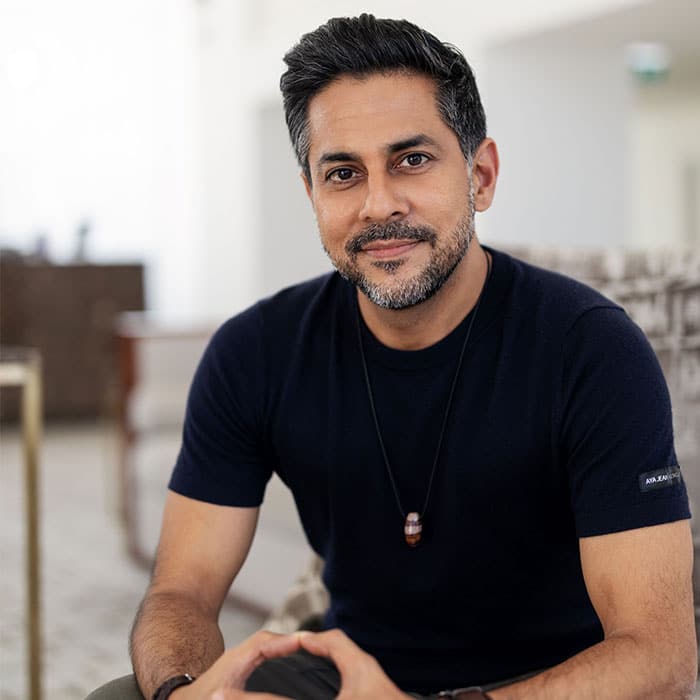
Vishen Lakhiani: 10 Laws & Four-Letter Words – #309
What You Will Hear (note: timestamps represent audio, video may differ)
- 0:00 – Cool Fact of the Day
- 1:09 – Five Four
- 3:25 – Introducing Vishen Lakhiani
- 5:39 – An Extraordinary, “Unfuckwithable” Mind
- 7:58 – Humble beginnings in telesales
- 16:06 – Luck or personal development?
- 21:40 – Indoctrination of beliefs
- 28:30 – Parental roles in subconcious beliefs
- 31:54 – Developing language habits
- 33:21 – Misconceptions about money and productivity
- 37:18 – Problems with Western goal-setting tactics
- 46:50 – Skepticism to intuition
- 51:00 – Top 3 recommendations to kick more ass and be Bulletproof!
Featured
Five Four promo code: bulletproof
The Code of the Extraordinary Mind
Resources
Sapiens: A Brief History of Humankind
Bulletproof
Questions for the podcast?
Leave your questions and responses in the comments section below. If you want your question to be featured on the next Q&A episode, submit it using our Podcast Voicemail! You can also ask your questions and engage with other listeners through The Bulletproof Forum, Twitter, and Facebook!
Subscribe To The Human Upgrade
In this Episode of The Human Upgrade™...
BOOKS
4X NEW YORK TIMES
BEST-SELLING SCIENCE AUTHOR
AVAILABLE NOW
Smarter
Not Harder
Smarter Not Harder: The Biohacker’s Guide to Getting the Body and Mind You Want is about helping you to become the best version of yourself by embracing laziness while increasing your energy and optimizing your biology.
If you want to lose weight, increase your energy, or sharpen your mind, there are shelves of books offering myriad styles of advice. If you want to build up your strength and cardio fitness, there are plenty of gyms and trainers ready to offer you their guidance. What all of these resources have in common is they offer you a bad deal: a lot of effort for a little payoff. Dave Asprey has found a better way.








